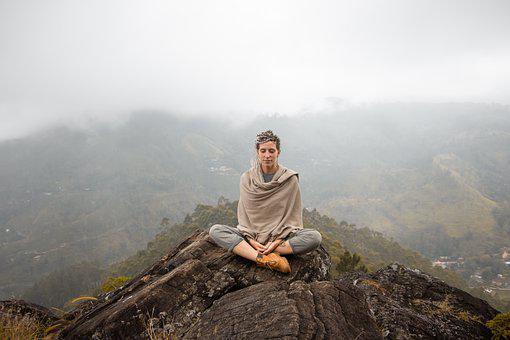The Season of Creation is an ecumenical period that began on September 1, with the World Day of Prayer for the Care of Creation, and ends on October 4.
It is a special moment, Francis said, for Christians to pray and care for our common home together, it is an opportunity to cultivate our “ecological conversion”, encouraged by John Paul II, as a response to the “ecological catastrophe” announced by Paul VI, already in 1970.
“Listen to the voice of creation”, is the slogan of this Time, which Asunción Mita has been hearing in the cries that come out of Cerro Blanco, where “Elevar Resources” intends to install an open-pit mine, putting human life at high risk. and the survival of the ecosystems of the region.
Accompanied by the Friars Minor, the Diocese of Jutiapa and citizens committed to caring for our common home, they learned to discern “a kind of dissonance in the voice of creation,” which implies, on the one hand, allowing oneself to be amazed and captivated by “a sweet song that praises our beloved Creator”; on the other, “a bitter cry that complains about our human mistreatment.”
This discernment takes shape in an unprecedented democratic process that will determine its future, in free elections this Sunday, if the corrupt justice system that we have does not make a last-minute prank by bowing to the miners.
“The sweet song of creation” motivates them in this tenacious struggle in which they will not give up, because their interest is fueled by the practice of an authentic “ecological spirituality”, attentive to the presence of God in the natural world.
Although the risks are enormous, because they face, like David, the terrible Goliath represented in local, national and international economic and political power; but they are moved by the “loving awareness of not being disconnected from other creatures, of forming a precious universal communion with the other beings of the universe.”
The Mitecs know that “that sweet song is accompanied by a bitter cry, or rather, by a chorus of bitter cries. In the first place, it is the sister mother earth who cries out.
At the mercy of our consumerist excesses, she groans and begs us to stop our abuse and destruction. It is, then, all the creatures that scream. At the mercy of a “despotic anthropocentrism” (LS, 68).
The Giammattei government, in its eagerness to consolidate a corporate dictatorship through the Corrupt Pact, and the mining sector, which contributes 1%, more or less, of the GDP, will never listen to these cries, because “it is the poorest who they shout”, those who are “exposed to the climate crisis”, “those who suffer the most from the impact of droughts, floods, hurricanes and heat waves, which continue to be more and more intense and frequent”.
Due to predatory economic interests, Guatemala is being invaded and devastated, but everywhere a “cry that screams to heaven” is launched, like that of Asunción Mita, feeling “threatened by a short-sighted selfishness.”
It is time to demand that we do everything possible to prevent the collapse of ecosystems and the destruction of human life.

